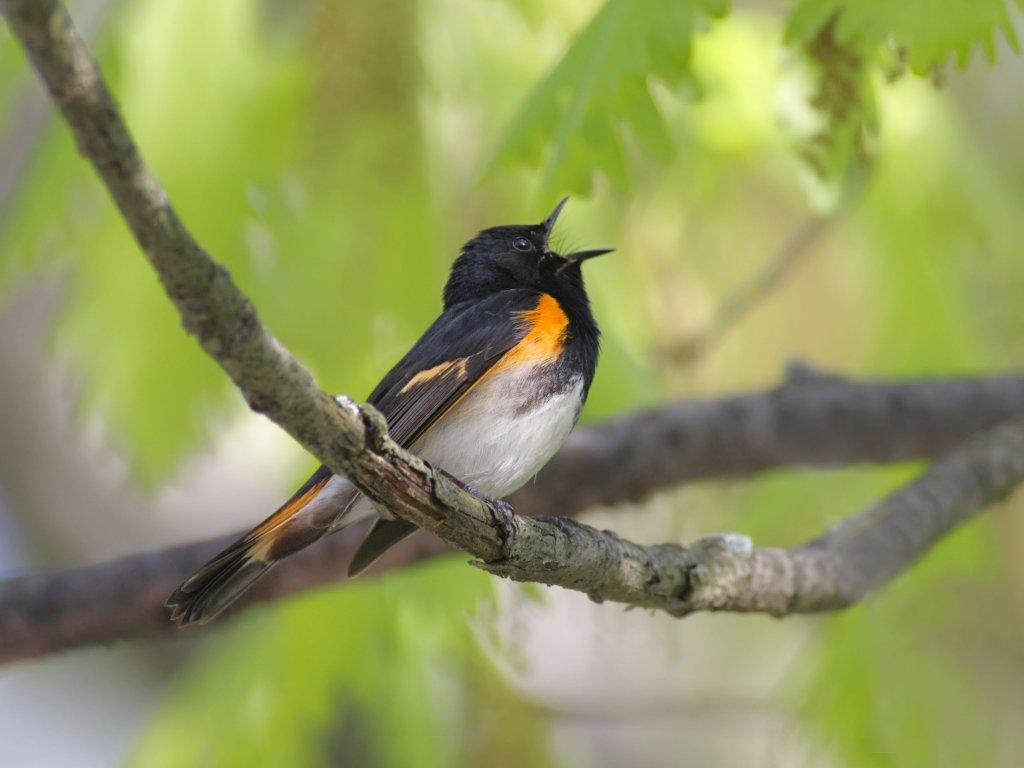My grandmother used to sing to her African violets.
Unlike me, she didn’t make up new words to existing songs, but invented her own melodies. Mornings, I’d wake to hear her crooning softly as she misted the many plants on the marble-topped table in front of the living room picture window. She’d stroke one of the velvety, green leaves and sing, “how are you doing pretty baby, grow for me baby,” and then the words would fade into a happy hum.

My grandmother’s lullabies (is it still a lullaby if it’s morning, though?) to her flowers were more than just idle sounds. Rather, they were an expression of her caring. Remembering her singing made me think about how music in general, and singing specifically, is an essential part of caregiving for humans, as well as houseplants.
As infants, the first sounds we hear are often the voices of our parents or grandparents singing to us, either to comfort us, to help us fall asleep, or to distract and amuse us during the day. Those songs linger in our memories, popping up in bits and pieces long into our lives. So often, when I’m distressed or cannot sleep, I hear my grandmother’s voice in the back of my head:
Lulla, lulla, lulla, lulla, baby
Do you want the stars to play with?
And just that snippet of song helps me rest my mood and my mind.
As we grow older, we become active participants in music making, joining in endless sing-a-longs during family road trips, or singing along with the radio while accompanying our elders on errands around town.
At some point – adolescence – we are embarrassed by our parents’ public singing. No one ever really needs to hear their mother rocking out to the 101 Strings cover of “I Wanna Hold Your Hand,” in the middle of a department store, after all.
But we get over that, and as we age the roles reverse. Instead of being the audience, the recipients of songs, we take on the role of lead singer. We choose the radio station or relay a beloved playlist from our phone. We sing our music around the house, while cooking or cleaning or just because.
Of course, our music was informed by the music of our parents and grandparents, and they will often join in when a familiar refrain is heard, and sometimes that will lead to a memory or a story. For example, whenever Carly Simon’s “You’re so Vain” comes on the radio my mother must remind me that when the song was new, my toddler-self was obsessed with the lyrics about clouds in coffee.
I had some dreams they were clouds in my coffee
Clouds in my coffee, and
You’re so vain.
It probably reveals a lot about my relationship with my mother – the woman who gave me “coffee-milk” when I was young (a glass of milk with maybe a teaspoon of her coffee mixed into it) that I had no trouble understanding the imagery of her favorite beverage.
Studies have been done with many Alzheimer’s patients showing that music remains in their memories long after they are capable of lucid conversation. In fact, singing with an Alzheimer’s or dementia patient will often result in them leading you through the lyrics.
We often talk about sense memory, but we usually associate it with aroma (sometimes I’m certain I can smell my grandfather’s aftershave) or touch (when I’m not feeling well, I often think my grandmother’s cool hand is soothing my forehead). Hearing is a sense as well, though, and musical memories seem to stick the best.
My grandmother used to sing to her African violets. She also used to sing to me. When I got older, we’d sing together, and later, she’d ask me to sing for her. Now, I hear her voice in my head when I’m singing around the house, and especially when I sing to my African violet, which came from a cutting of one of her plants.
If communicating is caring – and it is – then music is the next level. It’s a true melding of love and history, a merging of generations, and a blending of voices.
As the Carpenters reminded us, we must sing, and we must sing together.
Sing! Sing a song!
Sing out loud! Sing out strong!
What song are you singing? And who are you singing it with?
